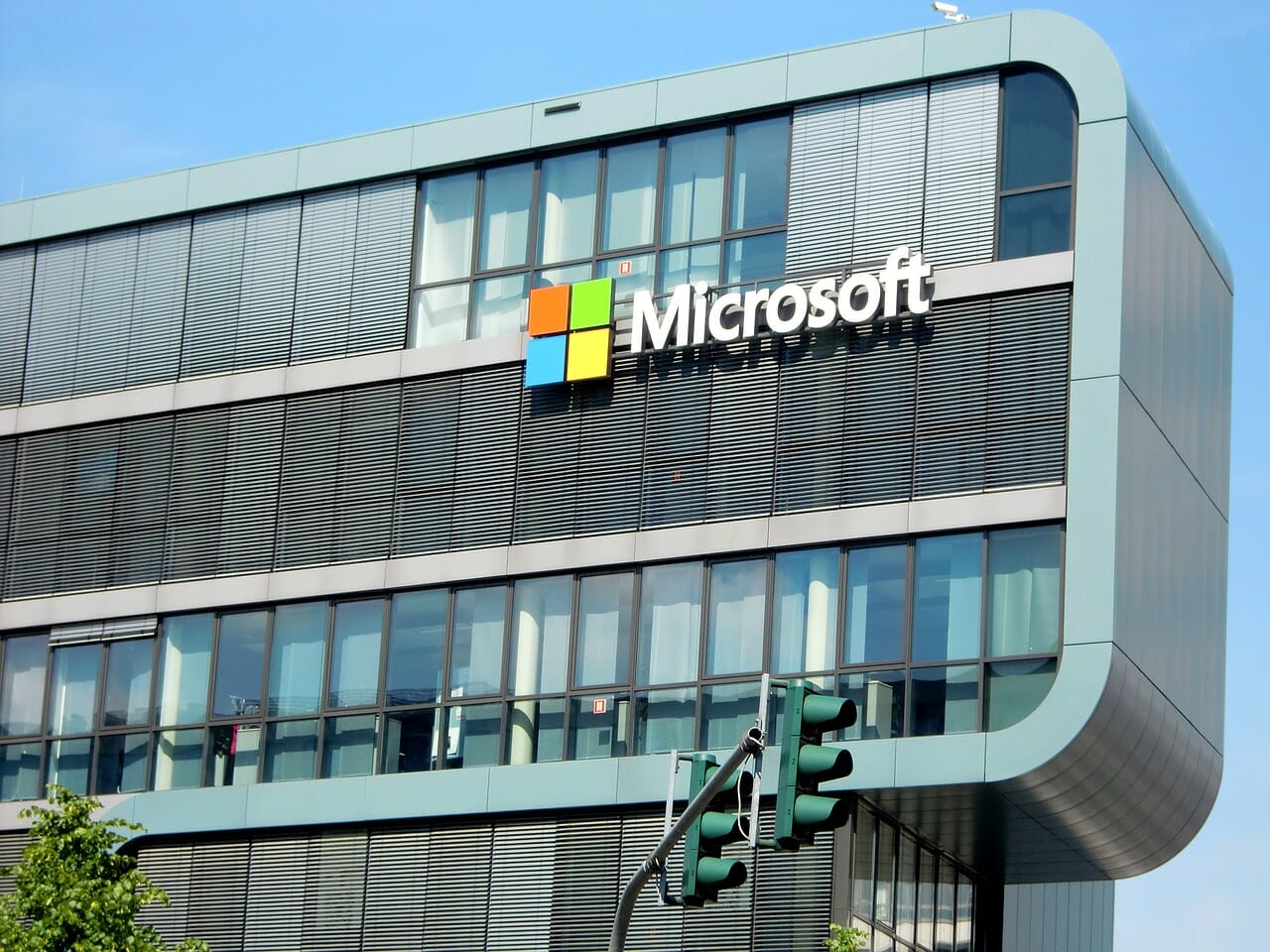- Microsoft announced a new acquisition this month.
- The deal looks to expand its total addressable market in the cloud space.
- It will also bring in an estimated $5 billion in revenue over the lifetime of its partnership, but there could be other benefits.
- 5 stocks we like better than Microsoft
Microsoft Corporation (NASDAQ:MSFT) scooped up a 4% stake in the London Stock Exchange Group (LON:LSEG) this month. Investors might wonder what significance this will have for the company moving forward.
Q3 2022 hedge fund letters, conferences and more
Find A Qualified Financial Advisor
Finding a qualified financial advisor doesn't have to be hard. SmartAsset's free tool matches you with up to 3 fiduciary financial advisors in your area in 5 minutes.
Each advisor has been vetted by SmartAsset and is held to a fiduciary standard to act in your best interests.
If you're ready to be matched with local advisors that can help you achieve your financial goals, get started now.
As part of the acquisition, the companies will work to create a "centralized, financial data platform" for the financial ecosystem as part of a broader, 10-year strategic partnership.
Microsoft stated it expects the agreement to deliver around US$5 billion in revenue over the lifetime of the partnership - but there may be longer-term benefits at play for the company.
Stronger Competitive Moat
Microsoft will provide the needed cloud infrastructure for LSEG's data and analytics platforms. Crucially, these tools can then be interacted with using Microsoft's suite of products, such as Teams, Azure, and Office 365.
This keeps users inside Microsoft's ecosystem and protects monetized users from being poached by its competitors. Furthermore, its data platform also challenges existing providers in the financial data space by taking advantage of a significant design weakness.
Existing financial data platforms such as Bloomberg, Morningstar, and others lack the inbuilt analytics and collaboration tools that Microsoft and LSEG are planning to provide, thus leading to inefficient and costly "siloed" applications.
The bottom line is that by rolling the needed financial applications into one platform, Microsoft could protect recurring revenue from existing subscribers and potentially tap into a bigger total addressable market in the financial data industry.
The Numbers At A Glance
The $5 billion in revenue that Microsoft expects from the partnership represents around ten percent of the revenue it reported in the first quarter of FY2023.
Cloud services were one of Microsoft's fastest-growing businesses last quarter, with revenue growing 24% year-over-year to $25.7 billion.
Cloud, therefore, looks to become an increasingly important part of Microsoft's offerings. In addition, expanding this business through acquiring stakes in financial data companies could help broaden and diversify its income streams.
This is supported by the fact that it's estimated the global finance cloud market size is expected to grow at a compound annual growth rate (CAGR) of 20.3% from 2022 to 2030, and it's currently valued at around $20 billion in 2022, according to Grand View Research.
Around a quarter of that $20 billion is segmented toward financial reporting and analysis, while financial forecasting and risk management services also make up substantial portions of the market. Microsoft's partnered platform will look to penetrate into these operating segments and more and provide the missing features that its competitors don't offer.
Microsoft To Pull Further Ahead?
Another factor is that Microsoft's latest quarterly cloud revenue came in at $25 billion for the last quarter. By comparison, Amazon (NASDAQ: AMZN) reported 19.7 billion in cloud revenue over the same period, thus granting Microsoft the number 1 spot. As a result, Amazon and Microsoft are the market's clear leaders, with third-place Google Cloud only reporting $6.3 billion.
However, despite Microsoft's dominance in the field, its cloud revenue growth rate slipped substantially behind Amazon and Google Cloud last quarter. Microsoft's growth rate in the cloud space stood at 29%, while Amazon reported a 33% growth rate and Google Cloud 36%.
A broader total addressable market could help Microsoft tap into additional sources of revenue and ensure it has enough space to keep ahead of its competitors. These other sources may be more important as its sales become harder to acquire through wider account penetration and competition.
Should you invest $1,000 in Microsoft right now?
Before you consider Microsoft, you'll want to hear this.
MarketBeat keeps track of Wall Street's top-rated and best performing research analysts and the stocks they recommend to their clients on a daily basis. MarketBeat has identified the five stocks that top analysts are quietly whispering to their clients to buy now before the broader market catches on... and Microsoft wasn't on the list.
While Microsoft currently has a "Moderate Buy" rating among analysts, top-rated analysts believe these five stocks are better buys.
Article by Matthew North, MarketBeat






